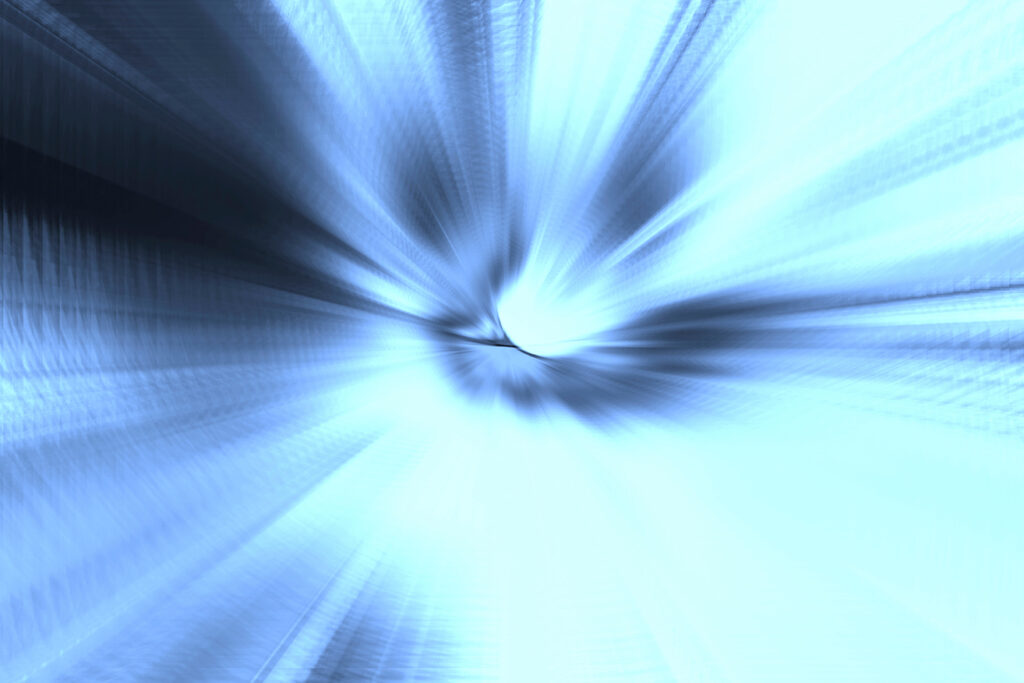By Jack Candido ’21g (Adolescence Education: English)
~ A poem and reflective advice for educators in times of global crisis and pandemic
Walking
Honestly, I don’t think there’s any difference
between walking and reading.
Even if both pursuits are aimless,
directionless,
pointless.
My grandfather walked outside his
suburban home one time; in the backyard
and found seashells:
oysters, clams, mussels,
in the dirt outside. Now
how can this be?
And yet,
there it was, it
was written.
In this time of global crisis, it is my hope that we as future educators, and as current educators, use the now ample time we have to both stare into the void of an uncertain future, and to reflect on what is important about our role as teachers in this world. What are the core values, skills, and beliefs that we bring to our craft?
The reason why we have chosen this path is unimportant. It is important that we are here; important enough that we choose to spend countless hours of our lives figuring out how to best communicate what we think is important in a way that is engaging, fun, interesting, relevant, useful, necessary, new, exciting…
Sure, there are state tests, and countless mandates, and things that students need to be prepared for, and there is rampant discrimination and unfair government and state wide laws that are disproportionately advantageous toward those of us with money and status. This is all true and real. But none of that is going to change, and none of that is going to be dealt with if educators lose sight of why they’ve chosen to use their lives for a purpose.
In the time of COVID-19, we have the opportunity to reflect and hone our purpose and belief. Crisis breeds uncertainty, but uncertainty breeds clarity if we choose to confront our uncertainty head on. What I’ve learned during this crisis is that it is way too easy to slip into the void and absently stare into it. In the void, everything is reduced to nothing and all things seem meaningless and unimportant; life becomes trivial in the void. An educator who stares into the void too much will become cynical and resentful. We’ve all had teachers like that.
Just like in all aspects of life, there will be times during our teaching careers where the void is all there is. This is unavoidable.
But if we can always come back to those core certainties, we’ve honed over quiet and contemplative reflection, a little glimpse into the void can be a productive and enlightening experience.
Here’s to the void.


